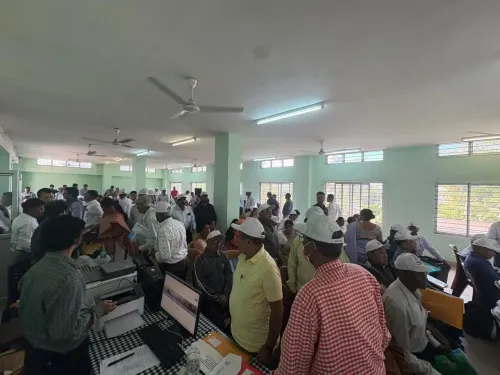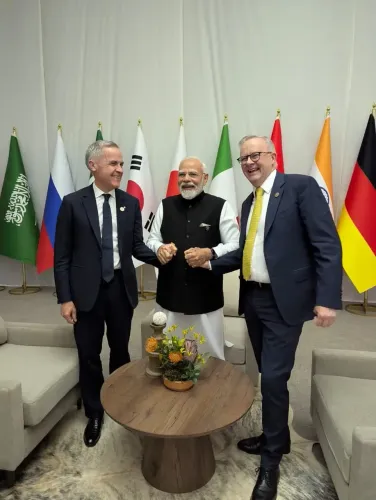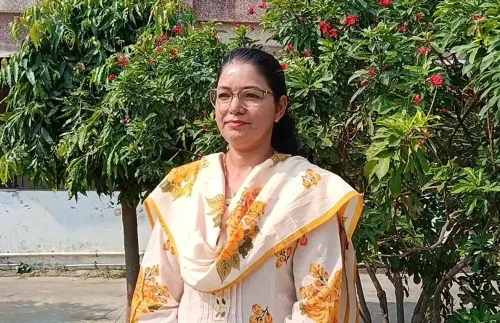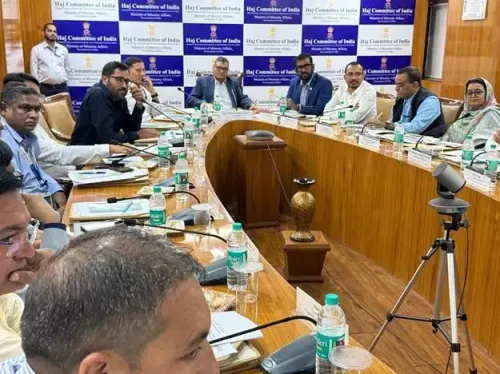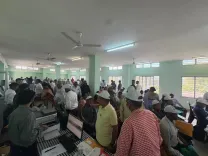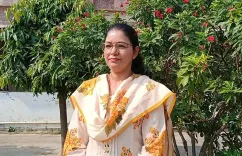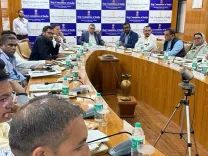Are We Living in an Undeclared Emergency? Lal Bahadur Shastri’s Son Speaks Out
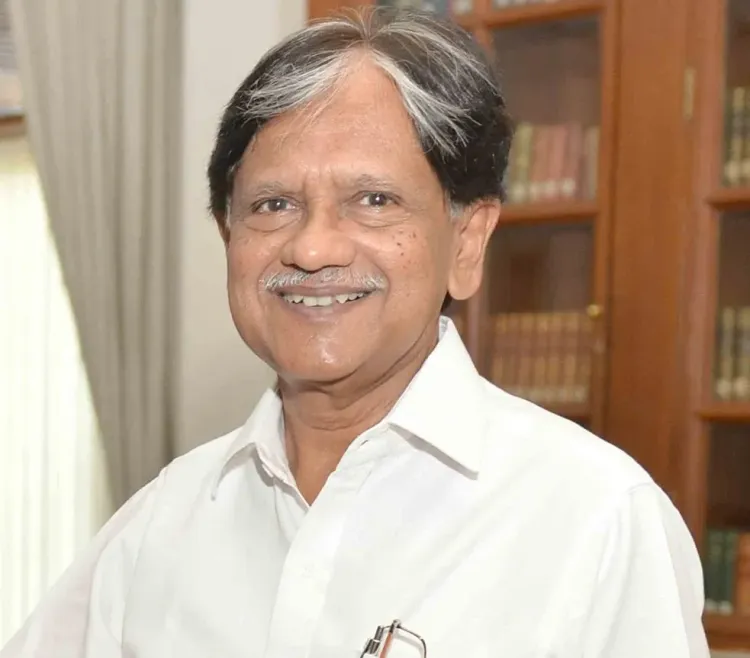
Synopsis
Key Takeaways
- India is observing 50 years since the Emergency imposed in 1975.
- Anil Kumar Shastri warns of an 'undeclared Emergency' today.
- Shastri emphasizes the dangers of restrictions on freedom of speech.
- The political fallout of the 1975 Emergency reshaped Indian politics.
- Congress has shown resilience in returning to power after setbacks.
New Delhi, June 25 (NationPress) As India commemorates the 50th anniversary of the Emergency imposed on June 25, 1975, Anil Kumar Shastri, a senior Congress leader and son of former Prime Minister Lal Bahadur Shastri, remarked on Wednesday that contemporary society is enduring an 'undeclared Emergency'.
Reflecting on the day the Emergency was enacted, Shastri recounted, “I was a young employee at Voltas in Mumbai. I vividly recall the morning of June 26, 1975, when I opened the Indian Express to find its editorial section entirely blank in protest; it was astonishing. That period was detrimental to democracy.”
Shastri expressed his support for the Leader of the Opposition (LoP) in Lok Sabha, Rahul Gandhi’s, acknowledgment that the Emergency was a misstep.
“A few months ago, LoP Rahul Gandhi openly stated that the Emergency was incorrect. I concur; any limitations on freedom of expression are intolerable in a democratic society,” Shastri conveyed to IANS.
Nonetheless, he believes the current circumstances are even more alarming. “Presently, there are stricter limitations compared to the Emergency era. Be it newspapers, news agencies, or political entities, anyone who opposes the government faces repercussions. They are subjected to ED, CBI, or Income Tax investigations. We are indeed existing in an undeclared Emergency.”
Discussing the political fallout from the 1975 Emergency, he noted that Congress lost the 1977 elections as the populace voted against it.
“Indira Gandhi even lost her seat in Rae Bareli. However, as the Janata Party struggled to govern, citizens recognized that only Congress could effectively lead the nation. Thus, Congress regained power in a landslide victory in 1980, and again in 1984.”
Shastri also highlighted that Congress governed the nation from 2004 to 2014, reiterating that the party has consistently demonstrated its capability to manage the country responsibly.
As discussions around the Emergency’s legacy resurface, Shastri’s comments contribute to the growing reflection within Congress, while also sharply criticizing the current administration for what he describes as “more perilous” restrictions on freedom than those imposed in 1975.

